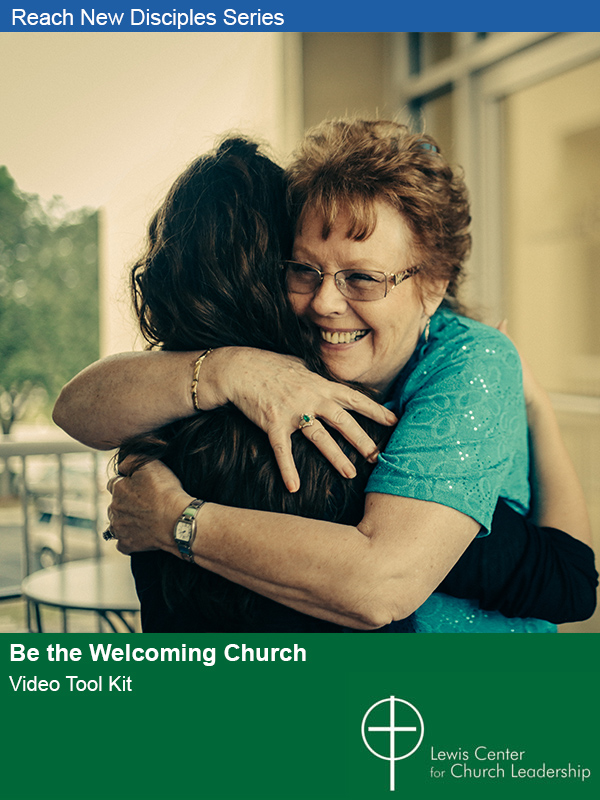Bill Tully’s principle of 52 equal Sundays strives to have powerful worship every Sunday of the year to best reach visitors at all times of year.
After Easter, attention in the church is likely to turn toward plans for the summer. Such plans often include a “change of pace” with adjustments in worship times, number of services, types of music, etc. These changes may seem appropriate at first since fewer people may be attending, and clergy and staff will be joining parishioners in taking annual summer vacations. Not so, says the Reverend Bill Tully, rector of St. Bartholomew’s Episcopal Church on Park Avenue in New York City.
When Mr. Tully came to St. Bart’s in 1994 from St. Columba’s Church in Washington, DC, he was faced with the task of either helping the church to grow or helping to close it. The 1,300-seat sanctuary was attracting only 125 people each Sunday. The church was continuing to operate only by drawing from endowment funds. “When I arrived I was pretty honest with the congregation,” he recalled. “I said, ‘We’re going to grow.’” Tully reminded his new congregation that all living things need to grow — a daunting idea in a congregation that had been living on endowment and with no real notion of proportional giving, tithing, and stewardship.
The turnaround of St. Bart’s over the following years is testimony to Tully’s vision and leadership. Out of that experience, Tully has developed several principles for growing churches. One of them is the concept of “52 Equal Sundays.” He contends that it sends the wrong message when you almost close down for some or all of the summer months. “When people come to your church, you want to be doing your best work always.” The goal is 52 equal Sundays.
“Quit messing with the schedule,” Tully says. “Take ‘summer’ off your calendar. Provide the same, high-quality worship schedule every Sunday of the year.” The goal is to have the kind of powerful worship every Sunday that will give the greatest opportunity to reach any person who chooses to worship at your church that day. A summer break can allow all the vitality of the year to dissipate. Summer visitors then get liturgical leftovers rather than the vitality of a service that carries on from one week to the next.
Every Sunday should be a little Resurrection, Tully reminds us, so we put out our best offerings – worship, education, hospitality — every Sunday of the year. Therefore, the first Sunday a person attends our church will be the best we can make it. For many people, the experience of the service will be the dominant reason they come back again and again. If the service is done sloppily or the instruments are out of tune or lectors and lay readers and clergy speak in monotone, seekers won’t come back, says Tully. Every single Sunday must reflect the quality we expect on our “most important” celebrative Sundays.
But what about clergy and staff vacations, you may be asking. They continue as usual; but with “52 Equal Sundays” firmly in place, no longer is the worship experience of congregants and visitors shaped by vacation schedules. Things may be done differently and involve different persons on some Sundays, but the care and attention that goes into the worship planning and execution will be such that the worshipers will have an experience equally as vital as they would at any other time of the year. It does mean that planning will be required, but all vital worship requires extensive planning.
“A guest who needs the church may happen to come in the door on any given Sunday,” says Tully. “And, we always have to be ready and at our best every Sunday, even in the middle of the summer when our rector is on vacation.”
If this is a new concept for you and your congregation, this may be an opportunity to think about it and have conversations with others to see how you might take steps in this direction this summer. It is a chance to remind all worship leaders that the beginning point of worship planning is always the worshipers and their needs, not the interests and needs of the professional or volunteer leaders.
To read more about St. Bart’s, go to their website at www.stbarts.org. To read more about the principles used at St. Bart’s, go tohttps://www.stbarts.org/howarewedifferent.asp.
Related Resources
- Avoiding a Summer Drop in Worship Attendance by Ann A. Michel
- Worship Leadership Requires Planning and Evaluation by Tom Berlin
- The New Welcome Video Tool Kit resource







